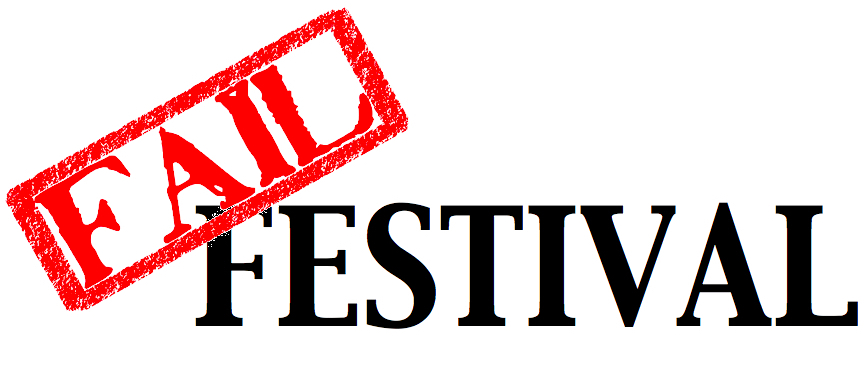
Fail Festivals are a celebration of failure as a mark of leadership and innovation in pushing the boundaries of what is possible in philanthropy.
In the spirit of examining our mistakes and learning from failure as we go beyond the easy and the simple, the Florida Philanthropic Forum recently hosted at Fail Festival at their Statewide Summit on Philanthropy.
Philanthropy Feedback Problem
One theme that cut across all the presentations is a lack of honest feedback in philanthropy. There are often several layers of power dynamics and cultural norms that inhibit honest feedback, including:
- Grantees scared of offending a major donor
- Staff not wanting to share negative news
- Peers unwilling to tell friends the truth
It takes an open mind and an open personality that embraces failure as a normal business experience to solicit and accept feedback as a true sign of caring and involvement.
How to Encourage Philanthropy Feedback
Soliciting and listening to feedback is a critical strategy in philanthropy. It is the first step in integrating feedback to enhance program effectiveness and fostering a more inclusive and impactful form of philanthropy.
1. Listen to Front Line Staff
The people closest to a problem are often closest to the solution. Actively engage with staff and community leaders and solicit their insights through various feedback mechanisms. Listen to the needs and challenges within a community with direct conversations and indirect surveys and feedback forms.
2. Address Power Dynamics
Power dynamics can inhibit open communication. Approach feedback sessions as equal partners in the development process. This is one reason why leaders always go first in Fail Festivals – to show everyone that failure happens to everyone, and that’s okay.
3. Act on Feedback
Effective philanthropic feedback isn’t just about collecting ideas. It’s also about actively incorporating the input into the program planning, implementation, and evaluation phases of projects. Then ensuring that interventions are responsive and adaptive to changing contexts.
4. Showcase Changes
The final step is very important. Once programs change based on feedback, makes sure those who gave the feedback are aware that they effected the changes. This builds trust that feedback is listened to and acted upon, promotes transparency and collaboration, and creates meaningful engagement and feedback in future efforts.

